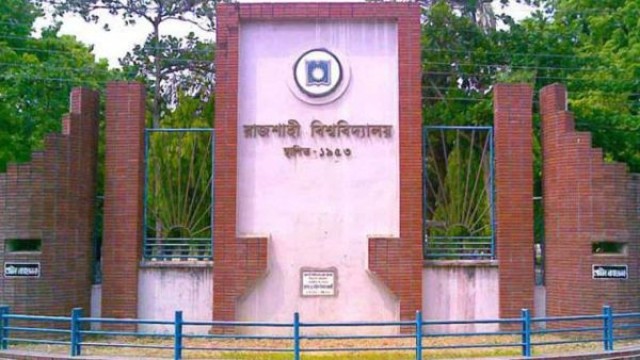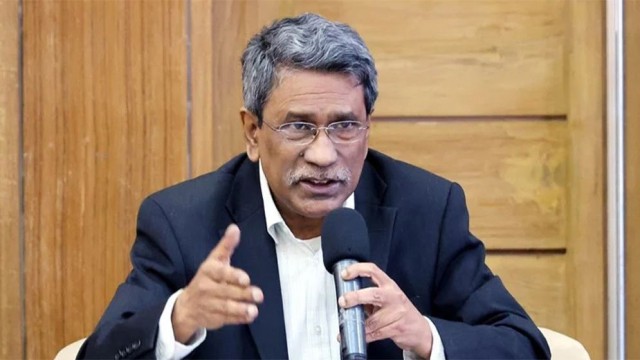Washington, Aug 21 (V7N) – Bangladesh’s remittance sector has experienced a historic revival following the political changes of August 2024, signaling renewed confidence among expatriate workers. In July 2024, official remittance inflows reached USD $2.48 billion, nearly 30 percent higher than the same month last year, according to Bangladesh Bank data.
The surge comes after expatriates reduced remittances in previous years due to political unrest and calls on social media to protest instability. By contrast, June 2024 saw $2.82 billion in remittances, up 11 percent year-on-year. At the end of fiscal year 2024-25, Bangladesh received a record $30.33 billion, marking a 27 percent increase over the previous fiscal year.
Bangladesh’s gross foreign currency reserves rose to $31.68 billion, strengthening the country’s economic position despite significant foreign debt payments. Analysts note that while the record reserves of $48.06 billion in August 2021 were bolstered by Covid-era incentives, the latest inflows reflect genuine recovery driven by policy reforms rather than temporary measures.
The Decline and Challenges
Before the political changes, remittance inflows stagnated despite growing numbers of migrant workers. Between FY2019–20 and FY2023–24, official inflows fluctuated without a consistent upward trend. Many remittances were channeled through informal hundi networks, bypassing banks due to higher rates, faster delivery, and cumbersome banking procedures.
Policy Changes After August 5, 2024
Following the interim government’s assumption of office after the August 8, 2024 Mass Uprising, Bangladesh Bank implemented a series of measures to revive remittances:
-
Crackdown on hundi networks domestically and in key overseas labor markets.
-
Improved banking services, including reduced fees, better exchange rates, and same-day crediting of funds.
-
Cash incentives of 2.5% for formal remittance channels and expansion of digital transfer systems.
The results were immediate, with remittance inflows rising steadily, surpassing $12 billion in the first half of FY2024–25 alone.
Significance and Future Outlook
Remittances account for over 6% of Bangladesh’s GDP, supporting millions of rural households and providing a buffer against trade deficits. The revival demonstrates the effectiveness of coordinated policies and highlights the importance of maintaining competitive, transparent, and user-friendly transfer systems.
Experts emphasize that sustaining growth will require continued vigilance, expansion of digital solutions, and bilateral agreements with major labor-receiving countries to facilitate faster and cheaper remittance transfers.
The political and policy changes since August 2024 have created an unprecedented opportunity for Bangladesh. With the right measures, remittances will not only bolster foreign reserves but also continue to improve the livelihoods of millions, ensuring that expatriate workers, the “silent heroes” of the economy, help build the country’s future.
END/SH/AJ
Writer : Shahin Howlader , Journalist & columnist,
Member, National Press Club of Washington































Comment: